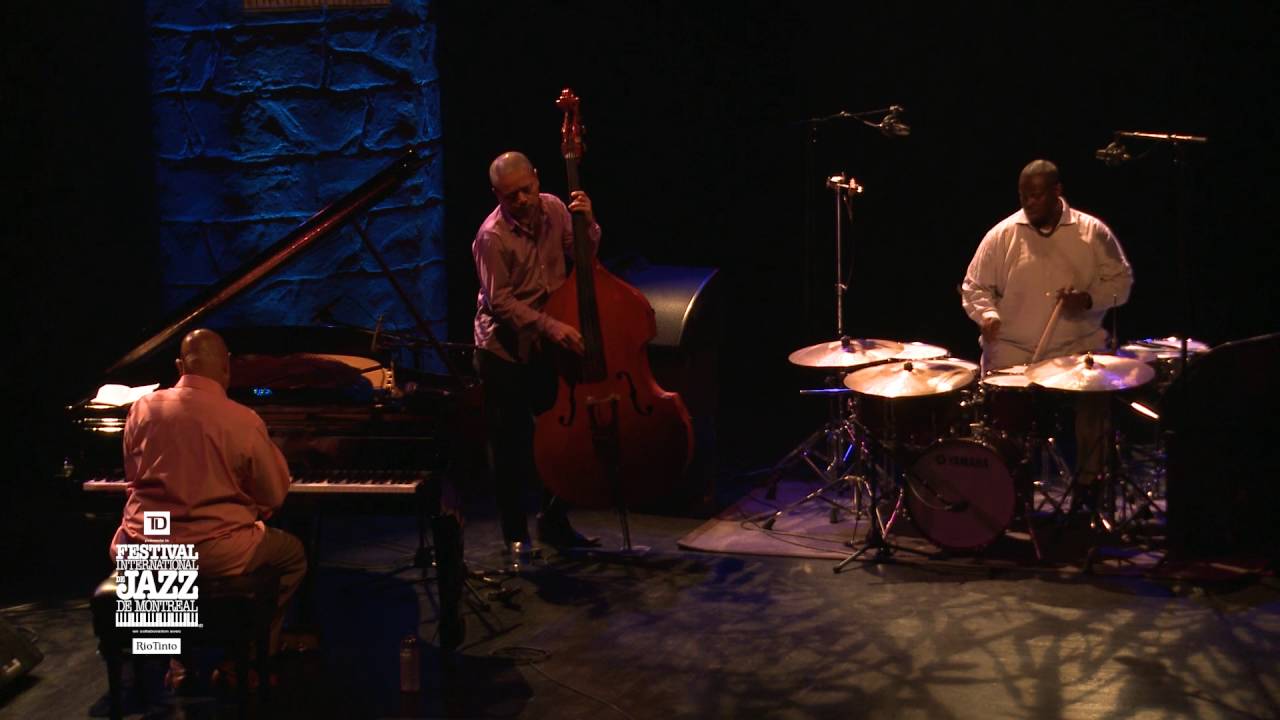Prologue Very early on the gray, drizzly morning of January 24, 1987, Thurwood Talton put on his blue suit and ambled into the bathroom of his brick bungalow in Atlanta’s Virginia-Highland neighborhood. He trimmed his silver goatee and taped a gauze bandage over the gash on his forehead, which had required six stitches to close. He was rather proud of his wound—his “badge of courage,” an admiring colleague had called it. The retired Georgia State University history professor was preparing for the second Forsyth County Anti-Intimidation March, a follow-up to the previous Saturday’s disaster. On that day, Talton and seventy-five others, led by fiery civil rights leader Redeemer Wilson, had been driven from the county by a pack of rock- and bottle-throwing…
Month: November 2017
About Brambleman’s cover
Brambleman won the Benjamin Franklin Award for popular fiction not only for the writing, but for the editing and design, as well. The editing, well … heh, heh. I’ll tell you about that some other time. Or if you ask. But the cover is definitely part of the package. It sets the tone for the story, because there are some dark places to explore. People love the cover. They compliment it nearly as much as they do the story. Well, I built that! No. Not really. I–like just about anyone who gets anything done–had help. I’ll let you in on a secret: The cover art for the book, which is set in Forsyth County and Atlanta, Georgia, was taken by photographer Matthew King, who happened to be hiking in the…
Brambleman: some notes on the title
The otherworldly Brambleman started out with a different title and as a much different story than the one I ended up publishing. There were some similarities, however: It was set in Atlanta, and the protagonist’s name was Charlie Sherman, same as now. And his mother was named Evangeline. That’s about as far as the similarities go. Originally, I was going to call my novel Charlie’s Prayer, but the story mutated, growing stranger and stranger, and became something else entirely—not nearly so domesticated. Ask anyone who’s read it: They’ll tell you it’s a wild ride. (Other working titles were Shakerag and Shooting the Mule.) I didn’t settle on a title until I’d been working on the book for a year or two. Not long after I…
Forsyth County, Georgia: Some history …
Forsyth County, famous as the birthplace of Hee-Haw’s Junior Samples, has for most of the past century, existed as an intentionally all-white community bordering the black Mecca of Atlanta since 1912, following one of the 20th century’s most violent racist outrages—including lynching, nightriding, and arson. In 1987, the sleepy community gained notoriety when a small march led by civil rights firebrand Hosea Williams was broken up by rock- and bottle-throwing Klansmen, neo-Nazis, and their sympathizers. Bloody but unbowed, Williams returned the next week with 25,000 followers in one of largest civil rights marches in history. There was talk of reparations. Oprah came to Forsyth and taped her show. Protests and counter-protests yielded a landmark Supreme Court case on free speech. But most…
Jazz interlude: Kenny Barron
My wife and I went to a wonderful jazz concert Saturday Night at Spivey Hall at Clayton State University. The Kenny Barron trio was truly great. I found a high-quality documentary video of a long set with the current members. And here’s a podcast of Kenny Live at the Village Vanguard. About Spivey Hall: If you live in Atlanta and haven’t attended a concert at Spivey, check it out! Jazz and Classical, just under 400-seat capacity. Marvelous acoustics; every seat is good.
People who learn about Plant Vogtle become “uniformly angry”
Two Georgia Public Service Commission seats are up for election in 2018. Plant Vogtle will be an issue across the state next year. BACKGROUND: Georgia Power is building out Nuclear Plant Vogtle Units 3 and 4 despite massive cost overruns (it’s at $25 billion plus), bankruptcies, and mismanagement. Thanks to pro-utility Senate Bill 31 passed in 2009, ratepayers have been forced to pay financing costs (averaging $100 a year per customer) and therefore bearing the risk of construction, although Georgia Power alone will reap the profits. No wonder they want to keep going, right? Hearings are currently underway that will result in a February vote by commissioners, who are elected statewide, on whether to approve continued construction. One of them plans…



